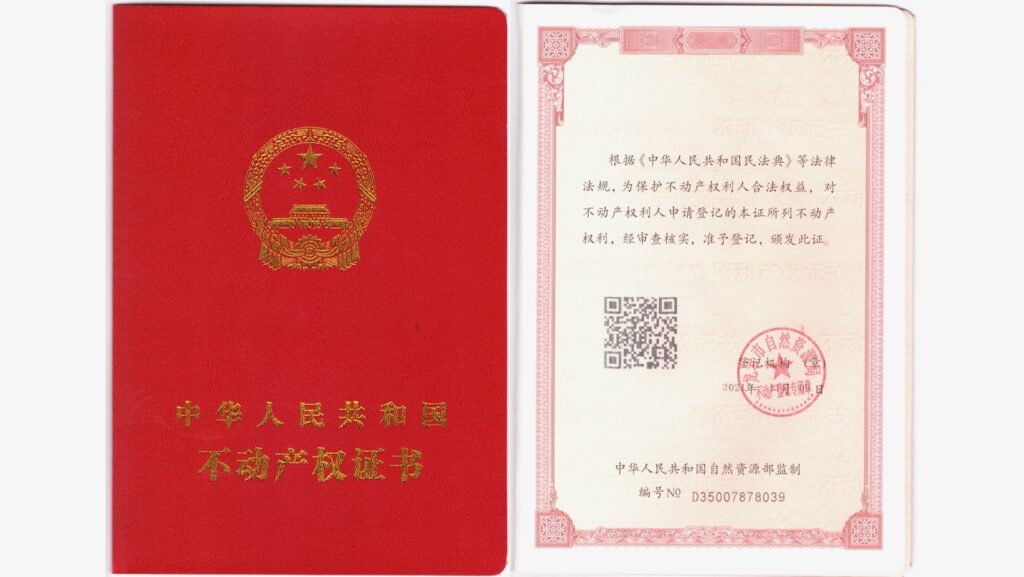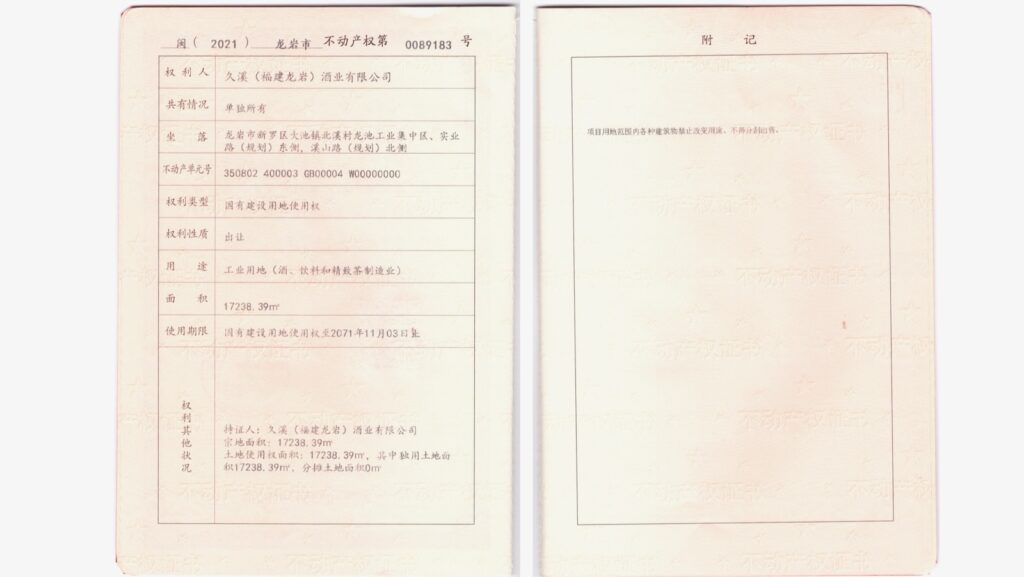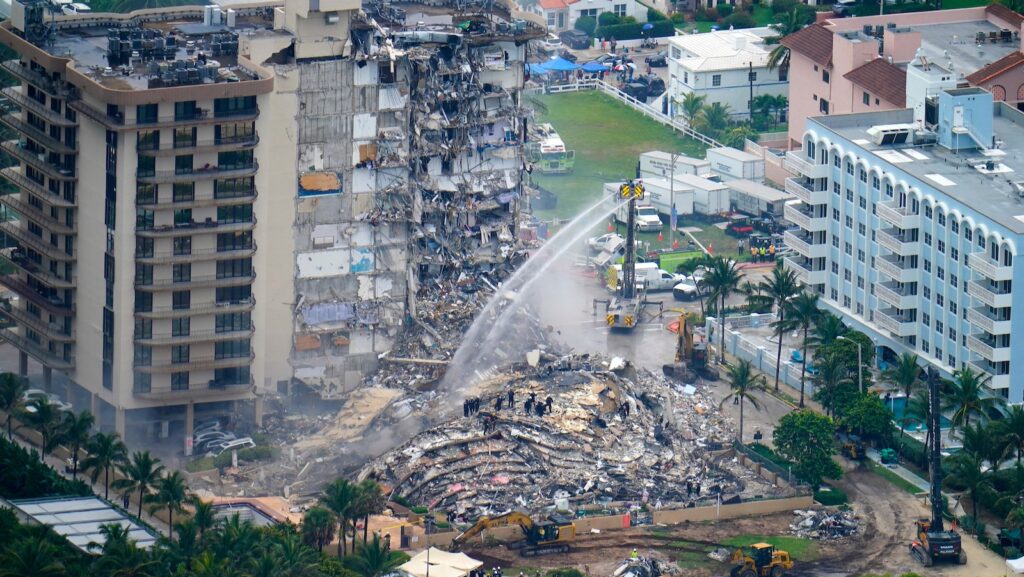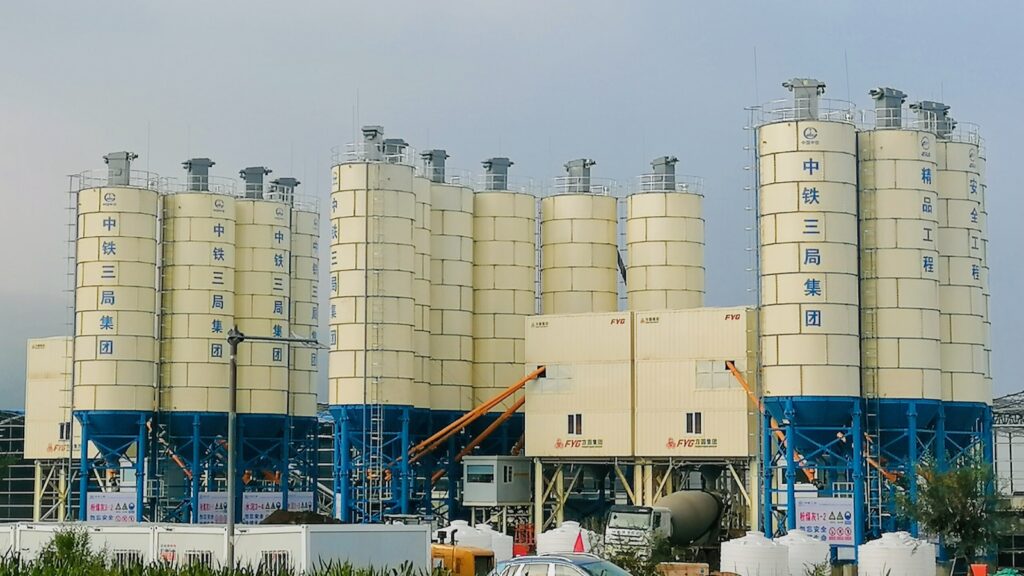“Not in a million years” is a commonly used hyperbole to emphasise that something is either impossible or very unlikely to happen. It’s a phrase that has been said to us (no exaggeration here at all) thousands of times over the last few years. Like many things at Nine Rivers, we love taking these things that can’t be done and doing them. We are proud, and maybe a little smug, at how well we rise up to the challenges of doing business in China.
Today, we’re proud to announce the launch of a new series of articles that are going to cover the most popular reasons why some people didn’t believe that Nine Rivers Distillery was possible. Through this, we also are going to debunk many of the myths that Westerners beleive about doing business in China and therefore help inspire other people bring their business ideas to fruition.
This first article will cover acquiring the land and building on it.
Misconception 1 – You Can’t Buy Land In China
Claim: If you’re neither a Fortune 500 nor a multinational company, you can’t buy land. If foreigners are involved or if you’re a startup, don’t even bother. not in a million years

There’s some truth to this and there’s also a lot of misunderstandings. Let’s start with the truth. You really can’t buy land in China. Irrespective of your nationality, your global status, whether you’re well established or a startup, there’s no such thing as the Western concept of land ownership in China.
All land belongs to either the state, or in more rural areas, is owned collectively by the community. However, land usage rights can be secured. This is kinda like what we might call a long-term lease in the West. So, to save confusion, lets call it a lease.
Land can be leased for between 40 and 70 years (depending on how the land is used) and at the end of the lease there are rights and procedures to renew.
We have a 50 year lease on our land which was purchased in a similar way to how a lease would be purchased in the West. A value is assigned to the land for that time period, that value is paid, and then a lease title document is handed over. The document is called “不动产证” and it looks like this:

Now let’s cover the other concerns, specifically, the “impossibility” of getting land by being a startup as opposed to being multinational or enormous like Diageo or Pernod Ricard. Obviously, this is a myth that getting the land is impossible. The proof is in the proverbial pudding. We’re a startup and we have land. Here’s a little more showing off with a photo of our lease title:

We’re not going to pretend this was easy, though. It’s not like anyone can just rock up to a government office and say “I’ll take one land lease to build a distillery, please”. It’s a long and challenging process that requires finding suitable land, a formal application to the government, a presentation of a credible business plan, an online auction, a bidding process, and a number of formal reviews with all levels of government from local community right up to the provincial board. Then, maybe, if you’ve satisfied a huge amount of requirements that make Western processes seem like a cakewalk, you can finally buy the lease on the land.
Miconception 2 – It’ll Fall Apart In The First Year!
This is something we have heard many times. It’s a common Western opinion that construction standards and quality in China are vastly inferior to Western standards. not in a million years

Thanks to the general psychology of bad news being covered more than good news, we’ve all seen hundreds of pictures and read equally as many stories of buildings collapsing in China. But it seems that it happens more in China right? not in a million years

Let’s examine this more logically. When a country has the world’s largest population, and therefore has many more buildings, the statistical liklihood of the populous country having more buildings collapse is higher. So, for example, if 0.01% of all buildings collapsed – then the country with the most buildings therefore have more buildings collapse. Combine that with media fixation on disasters, and presto: a popular but untrue myth is born.
China has some of (if not THE) strictest rules and regulations around construction in the world. All are there for the safety and protection of the population. No doubt at least some of the readers have just scoffed, raised an eyebrow, and laughed this off as utter nonsense. There’s probably nothing we can say or do to change the mindset of those people “educated” by YouTube clickbait videos and tabloid journalism.
We know this first hand because we’re living it. We’re breathing it. But most importantly, we’re complying with it to be able to build our distillery.

Concrete for any serious licensed construction can only be supplied by licensed and regulated concrete batching plants, who have to submit samples of every single batch for government testing (none of that “mix it on site with a shovel and a mixer” nonsense). Steel is heavily regulated in terms of standards and national level pricing. Once concrete and steel are secured, the design, architecture, and excavation all require unparalleled levels of documentation that has to be signed off by all parties involved and government-licensed specialist approval companies.
Every single aspect of construction in China is regulated and monitored to ensure that nothing less than absolutely perfect is ever delivered, even to the extent that every single construction site is a secure site and everything is covered by CCTV throughout the entire construction process. It’s exhausting. But that’s law. It’s not an option as it is in the West. Everything and everyone going in and out of a contruction site is monitored, recorded, and logged.
Oh, and if that wasn’t enough? If there are problems and people are injured, then it’s not just a case of construction companies being sued for damages and insurance companies shelling out money. In China, if there are problems with a construction that injure or even kill people, caused by cutting corners or using inferior quality products, people go to jail for a very long time.

There is every incentive to do everything by the book.
China is serious about construction quality – despite what some western media portrays. not in a million years
The End of Part 1
This has been a closer look at how a company like Nine Rivers Distillery is complying with local laws to do business in China. We hope that you have learned something or enjoyed reading. Our next installments in this series will examine topics such as guanxi, shareholding, product quality, and more.
Would You Like To Read More?
If you enjoyed reading this, and you would like to catch up with some of our past articles, then please CLICK HERE and go to our News Section, where most of our other content is published.
Follow Us
If you have enjoyed reading this and want to learn more about Nine Rivers Distillery, then use the QR Code below to follow our WeChat Official Account. not in a million years

Alternatively, if you prefer Linked In then you can CLICK HERE to follow us.
Facebook users, you can CLICK HERE.
